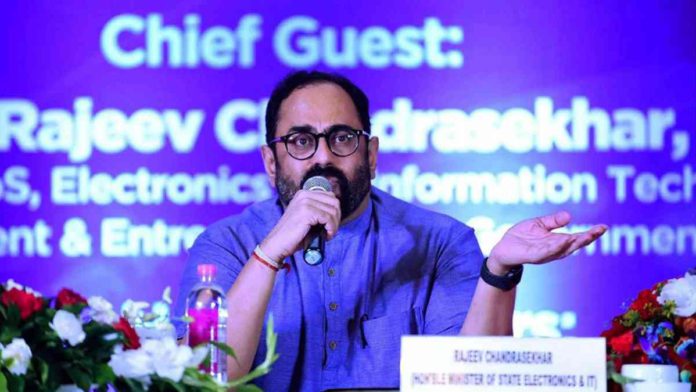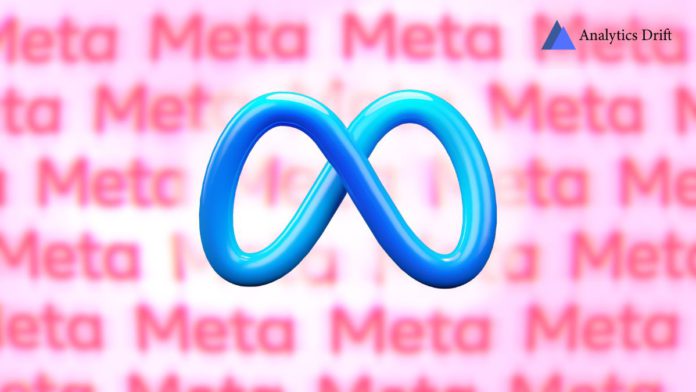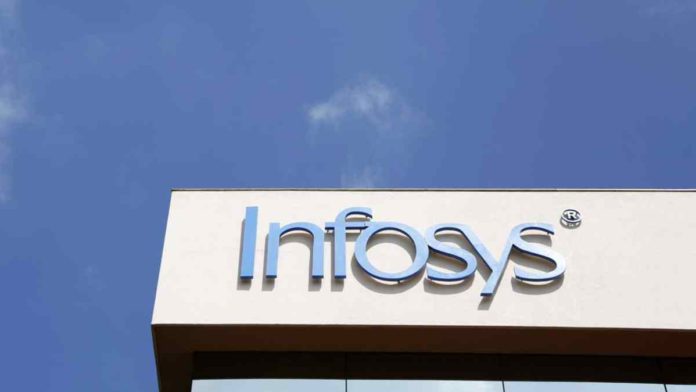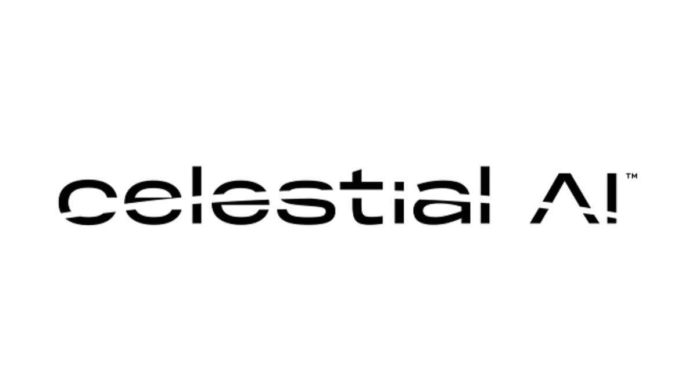In an effort to defend the largest video game contract in history from a regulatory assault, Microsoft‘s CEO reiterated his company’s commitment to retain Activision Blizzard best-selling Call of Duty on rival Sony’s PlayStation console.
Satya Nadella, the CEO of Microsoft, and Bobby Kotick, the CEO of Activision, were invited to testify in San Francisco federal court on Wednesday to support Microsoft’s claim that the $69 billion deal between the two businesses won’t reduce competition in the console and subscription-based game marketplaces.
After the US Federal Trade Commission was unsuccessful in its legal challenge to Meta Platforms’ acquisition earlier this year, the case offers a significant test of the agency’s power to obstruct digital mergers in court.
Read More: Vimeo Introduces AI-Powered Script Generator And Text-Based Video Editor
To maintain the Call of Duty shooter game on Sony’s gaming platforms, Nadella pledged his “100%” commitment. Phil Spencer, the head of Microsoft Gaming, also swore last week not to block the game from being played on PlayStation consoles.
The assurances were given to US District Judge Jacqueline Scott Corley, who must choose whether to delay the Microsoft merger, which has a deadline for completion of July 18 while the FTC’s legal challenge to the blockbuster transaction plays out.











